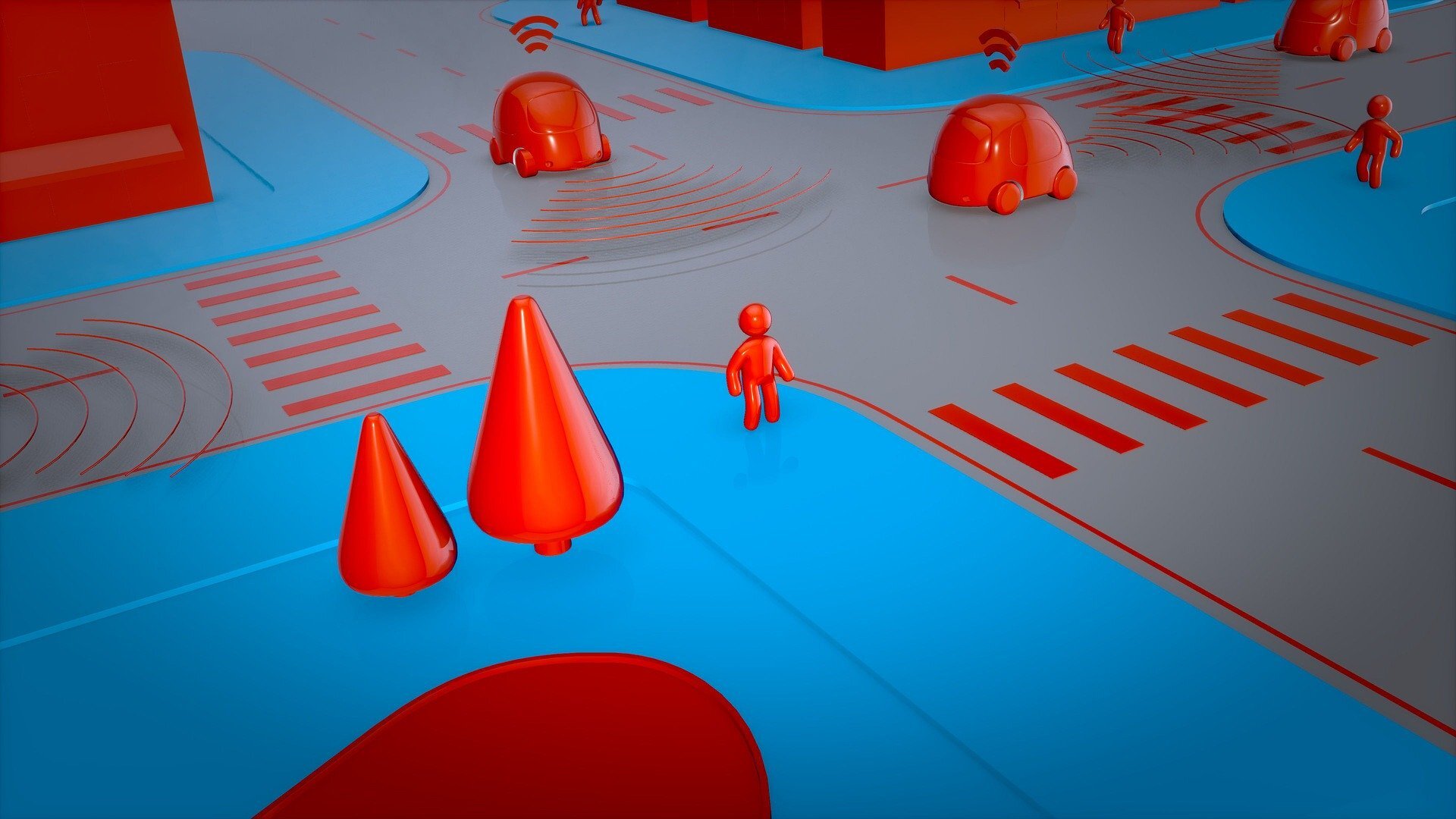New algorithm from chinese researcher helps robots avoid collisions

Chinese researcher Jieyun Yu has proposed a new approach to autonomous robot navigation that could help avoid collisions and crashes of self-driving devices in different environments.
Here's What We Know
Yu focused on two main aspects: improving the performance of the control system and overcoming constraints in path planning.
The researcher ensured accurate trajectory tracking using a novel exponential forward-feedback control strategy based on iterative learning control (ILC) and model-free adaptive control (MFAC). Its approach improves trajectory convergence, reduces errors, and ensures accurate and repeatable robot motion.
The path planning system also solves the collision avoidance problem using an artificial potential field (APF) algorithm. This treats obstacles in the robot's path as repulsive forces in a virtual potential field, allowing the robot to go around. Yu conducted simulations and validated the effectiveness of her method and showed its superiority over traditional models.
Yu's approach could enable a robot or autonomous vehicle to find an appropriate and safe route faster, minimising errors and empowering self-driving devices to operate in complex and dynamic environments.
Source: TechXplore